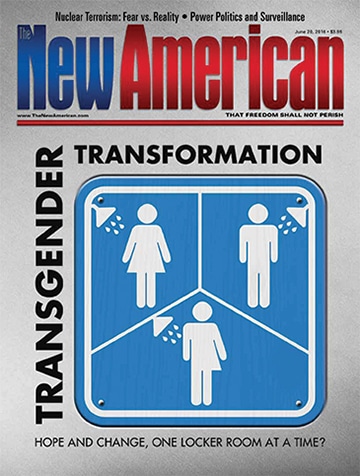Letters to the Editor
Assuming and Ruling
According to the Article “A Government of, by, and for Judges: Who Will Be Our Next Oligarch?” in the March 21 issue, the federal judiciary operates on a myth having to do with “judicial review,” established by the Supreme Court case of Marbury v. Madison in 1803. It is mistakenly believed that judicial review is the power of the Supreme Court to decide the meaning of the Constitution and to strike down laws that the court finds unconstitutional.
Much of American constitutional law today rests on that myth. It is assumed “We the People,” who ordained and established the Constitution, are all bound by the Supreme Court’s pronouncements. The decisions of the Supreme Court are regarded as essentially a part of the Constitution, and therefore the Supreme Court is the final authority on constitutional change. But most points of the myth are erroneous.
Marbury v. Madison did not create the concept of judicial review, but applied well-established principles. The idea that courts possess an independent power and duty to interpret the law — and in the course of doing so must refuse to give effect to acts of the legislature that contradict the Constitution — was established in The Federalist, No. 78, written by Alexander Hamilton.
JBS Member?
Sign in with your ShopJBS.org account.
 Subscribe Now
Subscribe Now
- 12 Issues Per Year
- Digital Edition Access
- Digital Insider Report
- Exclusive Subscriber Content
- Audio provided for all articles
- Unlimited access to past issues
- Cancel anytime.
- Renews automatically
 Subscribe Now
Subscribe Now
- 12 Issues Per Year
- Print edition delivery (USA)
*Available Outside USA - Digital Edition Access
- Digital Insider Report
- Exclusive Subscriber Content
- Audio provided for all articles
- Unlimited access to past issues
- Cancel anytime.
- Renews automatically


